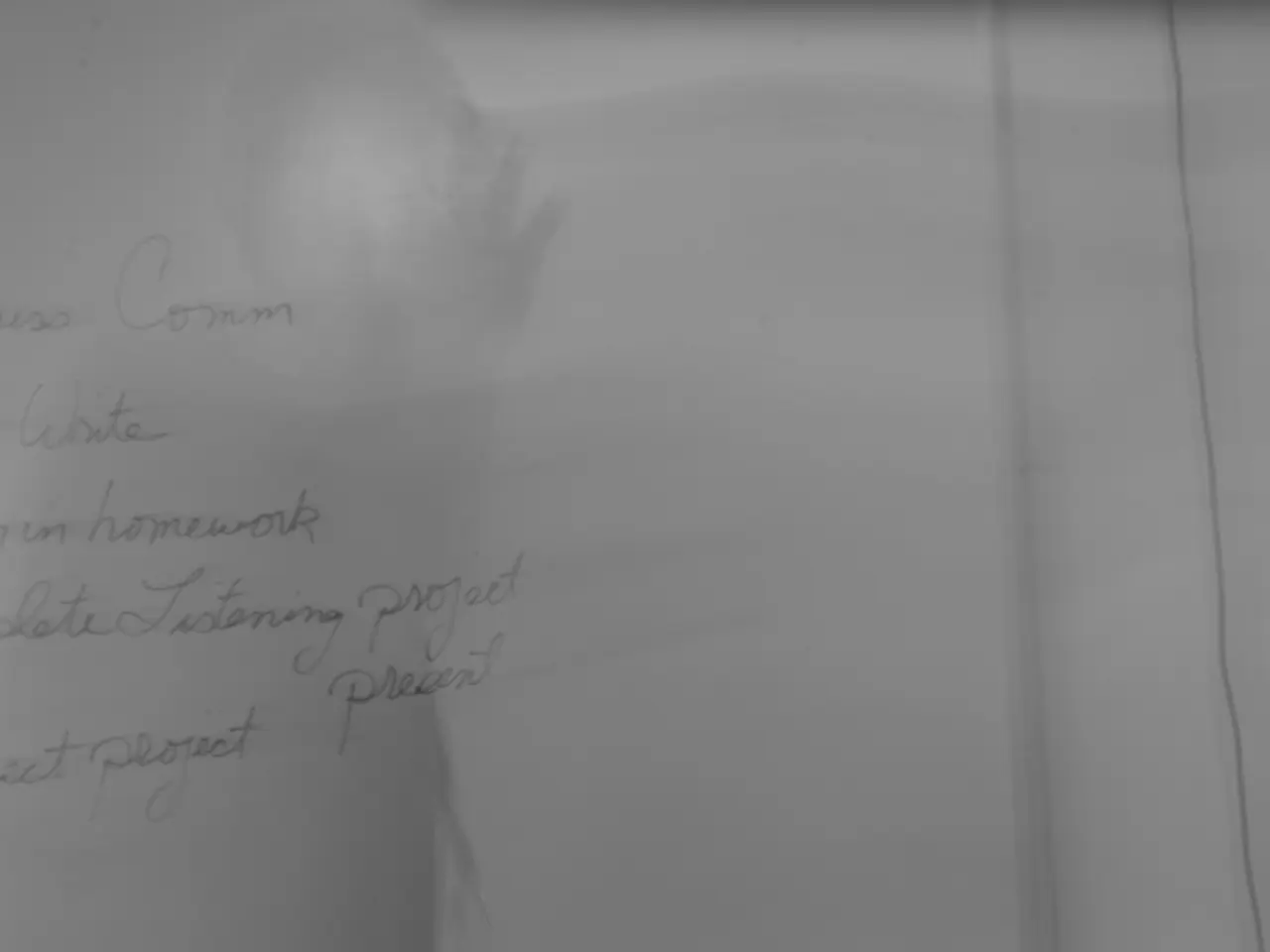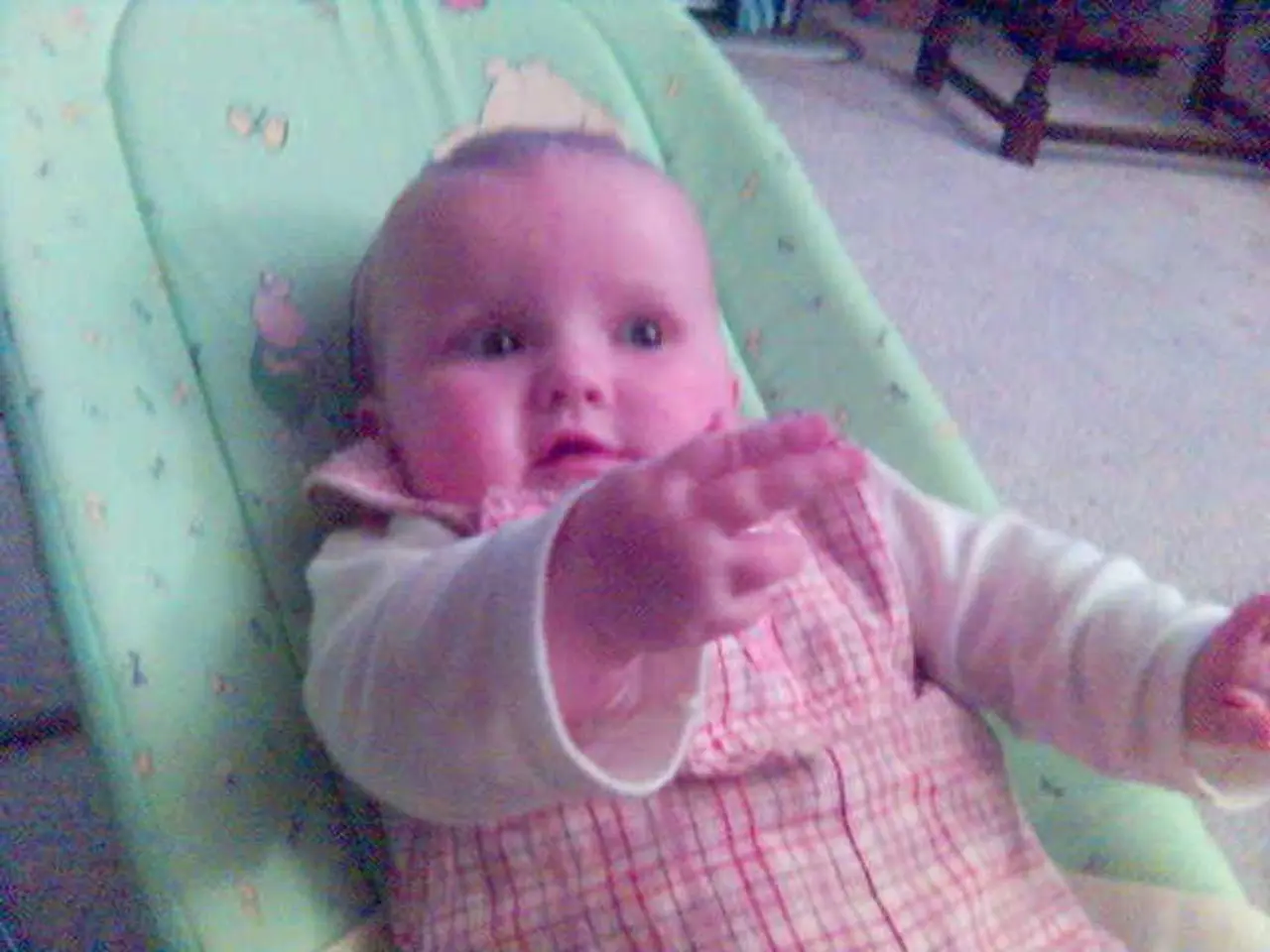Poor Judgment Leading to Regrettable Choices Among Intelligent Individuals
In the realm of human cognition, intelligence is often equated with the ability to make sound decisions. However, a growing body of research suggests that even the brightest minds can fall into decision traps.
Intelligence, as a measure of raw cognitive horsepower, is distinct from rationality, which involves making decisions in alignment with reality, goals, and probabilities. Cognitive biases, overconfidence, and emotional factors contribute to poor decision-making in intelligent individuals.
Cognitive biases, such as confirmation bias, twist facts and fuel faulty reasoning, leading individuals to prefer information supporting their preconceived notions. Overconfidence bias, common among the intelligent, causes them to overestimate their competence across different domains and ignore contradictory evidence. Emotional factors like stress, excitement, or fear can hijack decision processes, pushing emotions over logic.
Moreover, social dynamics intensify these tendencies. Smart people may surround themselves with other intelligent individuals, creating intellectual echo chambers where dissenting views are dismissed, and groupthink emerges. The combination results in stubbornness, missed warnings, and poor risk assessment despite intelligence.
The danger of overconfidence arises from the success that smart people often experience in childhood, school, and problem-solving roles. This success can lead to an overestimation of expertise, ignoring feedback, underestimating complexity, and assuming they can outthink any system or situation.
Emotions often hijack decision-making in real life, and smart people may suppress feelings, underestimate emotional factors, ignore gut feelings, or misread social cues. Emotion is essential to decision-making, and smart people who suppress emotion or over-rely on reason may fail to connect with others, make cold, tone-deaf choices, miss out on intuitive insights, and misinterpret social dynamics.
The tendency for intelligent people to act irrationally is called "dysrationalia" by psychologist Keith Stanovich. Some highly intelligent individuals engage in risky behavior because they trust their ability to handle it.
However, it's important to note that intelligence is not a shield against error. The most effective thinkers are humble, self-aware, and open to being wrong. Better decision-making requires intellectual humility, balancing logic with emotional awareness, questioning assumptions regularly, and seeking diverse perspectives to counteract biases and overconfidence.
Being aware of these pitfalls is the first step to avoiding them. Strategies include asking for outside perspectives, acknowledging emotional responses, seeking feedback, beware of confidence spikes, use heuristics with caution, and remember that uncertainty is not failure. High intelligence does not guarantee wisdom, as many brilliant minds have made catastrophic personal, financial, or ethical decisions.
In conclusion, while intelligence is a valuable asset, it is not a guarantee of wise decision-making. Understanding the cognitive and emotional blind spots that even the brightest minds can encounter is crucial for making better decisions and fostering a more rational world.
- The field of psychology has coined the term "dysrationalia" to describe the tendency for intelligent individuals to act irrationally in their decisions.
- Education and self-development, including intellectual humility and emotional awareness, are essential for making better decisions and counteracting the biases and overconfidence that intelligent people may encounter.
- In history, many brilliant minds have made catastrophic personal, financial, or ethical decisions, underscoring the importance of understanding cognitive and emotional blind spots in the realm of decision-making, even among the most intelligent individuals.




